
Filmmaker Morley Markson shows Abbie Hoffman, Jerry Rubin, Allen Ginsberg, Timothy Leary, and other ’60s rebels, then and now in a follow up to his 1971 film “Breathing Together: Revolution of the Electric Family.”
You May Also Like
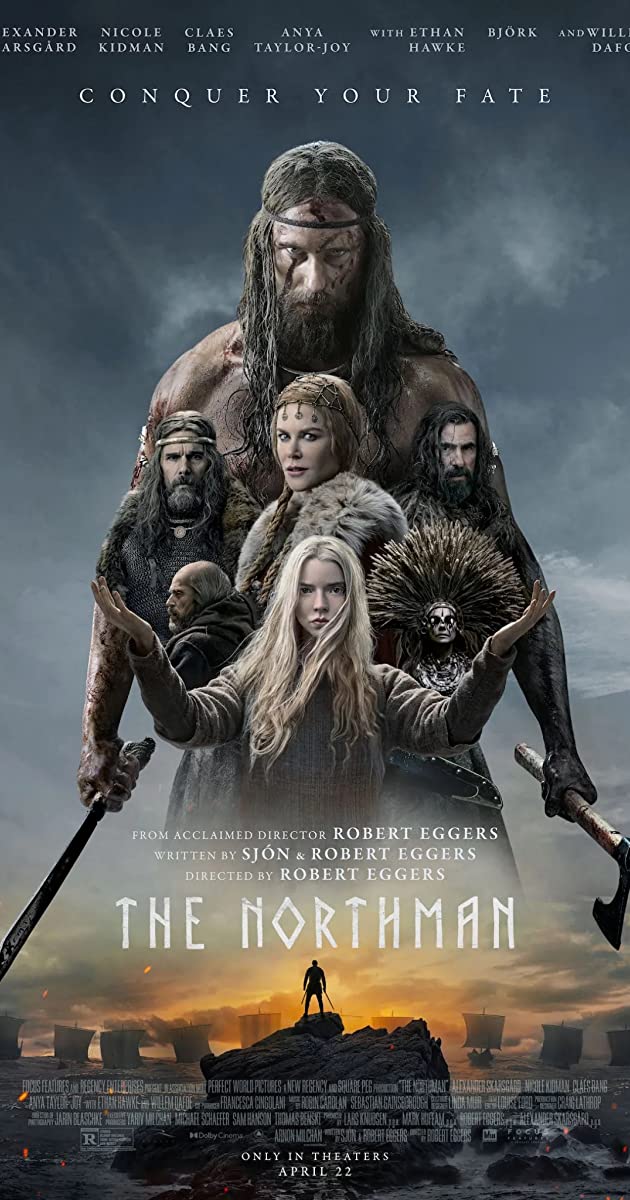
Prince Amleth is on the verge of becoming a man when his father is brutally murdered by his uncle, who kidnaps the boy’s mother. Two decades later, Amleth is now a Viking who’s on a mission to save his mother, kill his uncle and avenge his father.
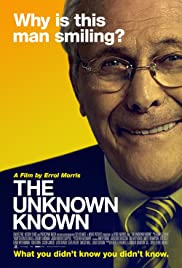
Former United States Secretary of Defense, Donald Rumsfeld, discusses his career in Washington D.C. from his days as a congressman in the early 1960s to planning the invasion of Iraq in 2003
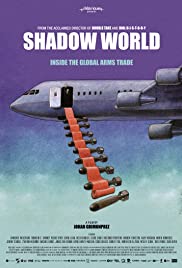
Feature documentary that explores the international arms trade, the only business that counts its profits in billions and losses in human lives.

Akio Sakurai has dedicated his life to honoring Jimmy Page. For 30 years he recreated vintage Zeppelin concerts note-for-note in small Tokyo clubs. Moving to L.A. to pursue his tribute dream, cultures clash and Akio’s idyllic vision meets reality.

Veterans of the most decorated battalion in marine corps history discuss the psychological injuries of war, and the unexpected trauma of returning to civilian life after the accolades of their successful battles have ended.

The traditional struggle, known as Lamb in Wolof, which recalls the Greco-Roman struggle, is a popular national sport in Senegal. It has special rules and very strict. Every spectator can bet on his favorite wrestler in a festive atmosphere. The Dakar Arena serves as a showcase for the battles in the film.
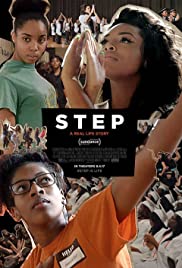
The senior year of a girls’ high school step team in inner-city Baltimore is documented, as they try to become the first in their families to attend college. The girls strive to make their dancing a success against the backdrop of social unrest in their troubled city.

A community of herders in the Scottish Highlands prepare young reindeer for their first Christmas, including an orphaned reindeer calf battling against the odds.

John, a blacksmith and swordsmith, is tutored at Camelot. As a commoner, he can’t hope to win the hand of Lady Linet, daughter of the Earl of Yeoniland, so he creates a secret alternate identity as the Black Knight. In this new role, he is now able to help King Arthur when Saracens and Cornish men—disguised as Vikings — plot to take over the country.

If you thought TV shows in which audiences and juries judge musical acts were a relatively new phenomenon, you’d better think again. In the 1970s, such “festivals” were incredibly popular in Brazil. They were recorded before a live studio audience, and usually featured a number of elimination rounds. They also formed the springboard for the career of many a big-name star, such as Chico Buarque, Caetano Veloso, Roberto Carlos and Gilberto Gil. Appearing on such a program was no cakewalk, however: audiences could be as wild in their condemnation as in their appreciation of an artist. Extensive archive footage (including performances and behind-the-scenes interviews) from a turbulent final of the Festival of Brazilian Popular Music one evening in 1967 paints a fascinating picture, not only of the transformation of Brazilian music into real “festival” music, but also of a society starting to buck against the yoke of military rule.
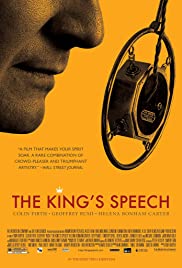
The King’s Speech tells the story of the man who became King George VI, the father of Queen Elizabeth II. After his brother abdicates, George (‘Bertie’) reluctantly assumes the throne. Plagued by a dreaded stutter and considered unfit to be king, Bertie engages the help of an unorthodox speech therapist named Lionel Logue. Through a set of unexpected techniques, and as a result of an unlikely friendship, Bertie is able to find his voice and boldly lead the country into war.
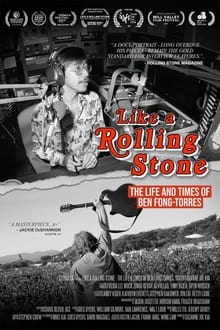
Suzanne Joe Kai’s intimate documentary shows us how the Rolling Stone writer and editor defined the cultural zeitgeist of the ’60s and ’70s.